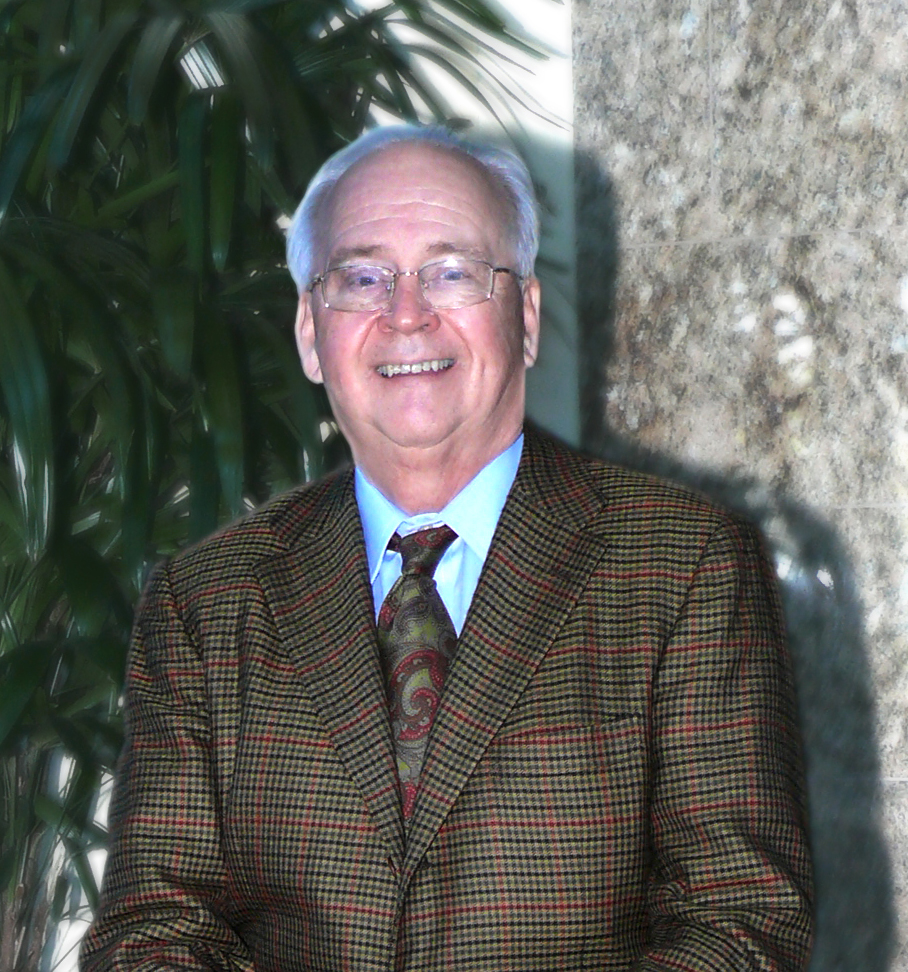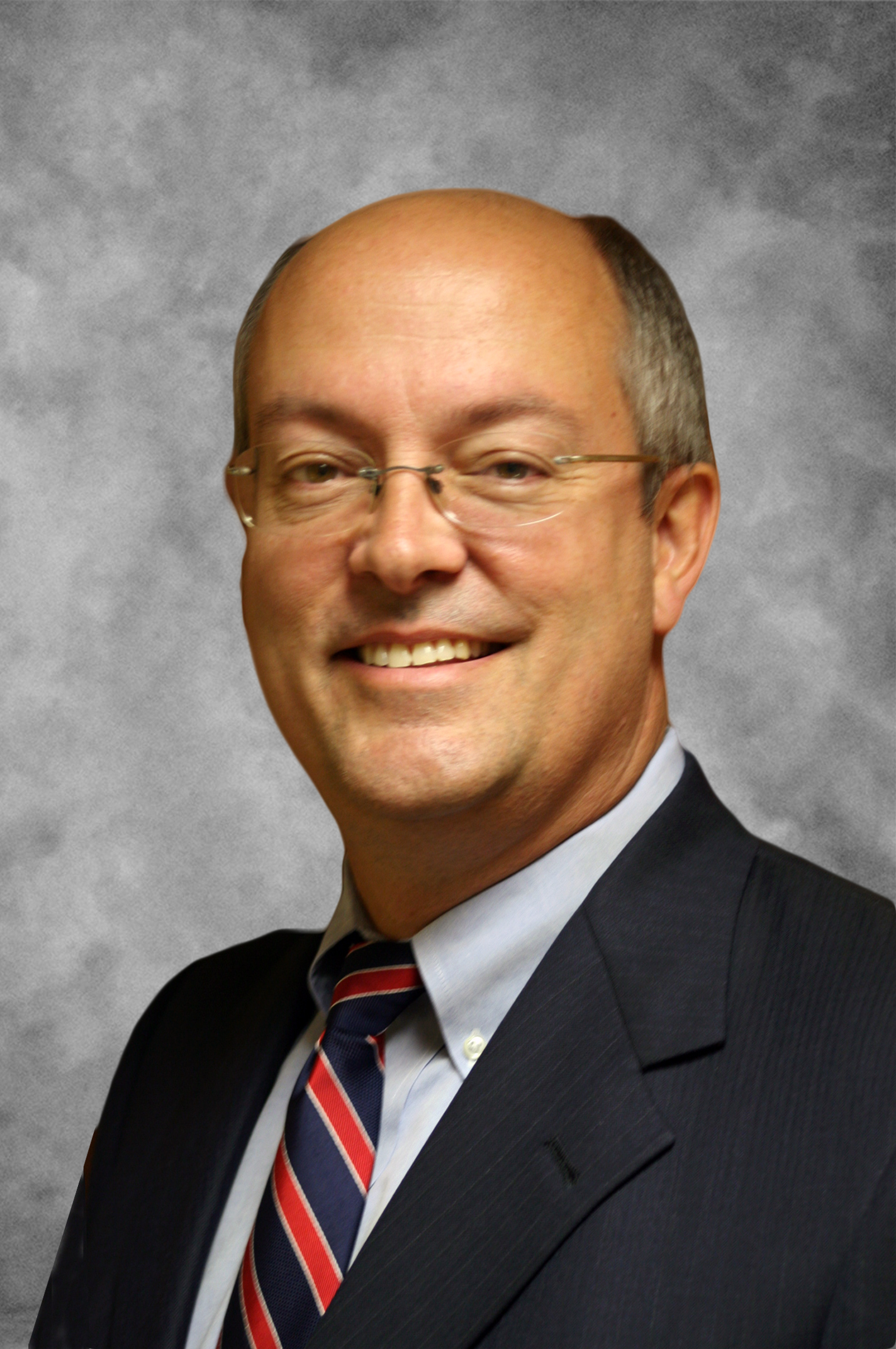Here are five qualities of orthopedic surgeon leaders.
 1. Practice humility and compassion as the firsts step toward greatness. There are a number of qualities sports medicine physicians must adopt to build a foundation for success, with the most important being humility. "If you take too much personal credit for your successes and dwell on them, you are going to have a problem," says James Andrews, MD, founder of the Andrews Institute of Orthopaedics & Sports Medicine in Gulf Breeze, Fla. "You aren't going to be good at medicine without humility."
1. Practice humility and compassion as the firsts step toward greatness. There are a number of qualities sports medicine physicians must adopt to build a foundation for success, with the most important being humility. "If you take too much personal credit for your successes and dwell on them, you are going to have a problem," says James Andrews, MD, founder of the Andrews Institute of Orthopaedics & Sports Medicine in Gulf Breeze, Fla. "You aren't going to be good at medicine without humility."
In some cases, physicians have gained a reputation for being arrogant and under-serving their patients. Showing humility and compassion rejects this reputation and fosters respect and credibility.
"Humility and compassion are very important parts of your success," says Dr. Andrews. "You've got to show compassion for people who are injured. Remember that patients are always right, even if they aren't in the best frame of mind after dealing with a knee injury or chronic illness. You have to understand that situation and be compassionate for them; otherwise, they'll think you are arrogant."
2. Exhibit confidence and moral character in all activities. Confidence is a key quality in medical professionals, especially for sports medicine physicians who work with athletes every day. Athletes are often very confident people and appreciate confidence in others, including their physicians.
"Physicians should exhibit confidence in their activities, thought processes and recommendations to patients," says Dr. Andrews. "You should be confident in your diagnosis and treatment recommendations. If you are wishy-washy to patients, particularly athletes, they recognize that. You still have to be realistic with them, but always display confidence."
Along with confidence, physicians must exude a strong moral and ethical character. "In medical ethics, if you do what is right for your patient, your ethics won't be questioned," says Dr. Andrews. "If you have a question about whether something is right for your patients, it probably isn't. If you don't have good ethics, sooner or later people will catch up with you and you will be unsuccessful in your medical career."
3. Intuitive ability to lead a group. Understanding the personalities and motivating factors from the physician and hospital point of view is absolutely imperative for managing a successful relationship.
"There are six things that motivate every physician: doing the right thing, making money, marketing their practice, practicing defensive medicine, power and glory and being able to go home at the end of the day," says Ira H. Kirschenbaum, MD, chairman of the orthopedic department at Bronx (N.Y)-Lebanon Medical Center in New York. "Every physician emphasizes a different motivating factor. If you understand a particular physician's goal — such as going home early — you will focus on how to achieve that goal by improving turnover and start times."
As with any business, orthopedic groups must have a mission statement. In situations where a clear leader hasn't been selected, surgeons in the group can devise a mission statement. Typically, the surgeon or surgeons spearheading the mission efforts are natural leaders in ensuring the practice uphold its mission and meet its goals. When devising a mission statement, discuss what the surgeons want now and what the situation will look like once the goals are accomplished.
 4. Willingness to participate in groups, organizations and committees. Tomorrow's spine surgeon leaders will be those who are actively involved in different groups, organizations and committees at the local and national level today. With all the changes occurring in healthcare, it will be critically important for surgeons to participate and shape the future of the nation's healthcare.
4. Willingness to participate in groups, organizations and committees. Tomorrow's spine surgeon leaders will be those who are actively involved in different groups, organizations and committees at the local and national level today. With all the changes occurring in healthcare, it will be critically important for surgeons to participate and shape the future of the nation's healthcare.
"People who have a passion for government issues and lobbying will be looked at as being leaders in that area because of the sheer volume of work they've done that others haven't," says Dennis Crandall, MD, founder of Sonoran Spine Center in Mesa, Ariz. "Someone who wants to be an academic leader would need to have a productive research program ongoing and be involved with innovation within the specialty, and try to be involved in leadership positions within the department or practice with hospital staff."
Participation in these groups will help you stay informed on the most important issues in healthcare and give you the opportunity to become more engaged.
5. Project leadership through teaching and education. In the professional and local community, it's important to accept leadership roles. The physicians of Sonoran Spine Center are involved in teaching residents and spine training for the residency program in Phoenix. They also host community outreach educational programs and present research at professional society meetings.
"We want to continue to project leadership through teaching programs and the research presentations we give," says Dr. Crandall. The surgeons in his group regularly present research papers based on their practice data at national and international meetings.
More Articles on Orthopedic Surgeons:
35 Orthopedic & Spine Devices Receive FDA 510(k) Clearances
7 Statistics on Orthopedic Physician Job Satisfaction
10 Statistics on Orthopedic-Driven Surgery Center Operating Expenses
 1. Practice humility and compassion as the firsts step toward greatness. There are a number of qualities sports medicine physicians must adopt to build a foundation for success, with the most important being humility. "If you take too much personal credit for your successes and dwell on them, you are going to have a problem," says James Andrews, MD, founder of the Andrews Institute of Orthopaedics & Sports Medicine in Gulf Breeze, Fla. "You aren't going to be good at medicine without humility."
1. Practice humility and compassion as the firsts step toward greatness. There are a number of qualities sports medicine physicians must adopt to build a foundation for success, with the most important being humility. "If you take too much personal credit for your successes and dwell on them, you are going to have a problem," says James Andrews, MD, founder of the Andrews Institute of Orthopaedics & Sports Medicine in Gulf Breeze, Fla. "You aren't going to be good at medicine without humility."In some cases, physicians have gained a reputation for being arrogant and under-serving their patients. Showing humility and compassion rejects this reputation and fosters respect and credibility.
"Humility and compassion are very important parts of your success," says Dr. Andrews. "You've got to show compassion for people who are injured. Remember that patients are always right, even if they aren't in the best frame of mind after dealing with a knee injury or chronic illness. You have to understand that situation and be compassionate for them; otherwise, they'll think you are arrogant."
2. Exhibit confidence and moral character in all activities. Confidence is a key quality in medical professionals, especially for sports medicine physicians who work with athletes every day. Athletes are often very confident people and appreciate confidence in others, including their physicians.
"Physicians should exhibit confidence in their activities, thought processes and recommendations to patients," says Dr. Andrews. "You should be confident in your diagnosis and treatment recommendations. If you are wishy-washy to patients, particularly athletes, they recognize that. You still have to be realistic with them, but always display confidence."
Along with confidence, physicians must exude a strong moral and ethical character. "In medical ethics, if you do what is right for your patient, your ethics won't be questioned," says Dr. Andrews. "If you have a question about whether something is right for your patients, it probably isn't. If you don't have good ethics, sooner or later people will catch up with you and you will be unsuccessful in your medical career."
3. Intuitive ability to lead a group. Understanding the personalities and motivating factors from the physician and hospital point of view is absolutely imperative for managing a successful relationship.
"There are six things that motivate every physician: doing the right thing, making money, marketing their practice, practicing defensive medicine, power and glory and being able to go home at the end of the day," says Ira H. Kirschenbaum, MD, chairman of the orthopedic department at Bronx (N.Y)-Lebanon Medical Center in New York. "Every physician emphasizes a different motivating factor. If you understand a particular physician's goal — such as going home early — you will focus on how to achieve that goal by improving turnover and start times."
As with any business, orthopedic groups must have a mission statement. In situations where a clear leader hasn't been selected, surgeons in the group can devise a mission statement. Typically, the surgeon or surgeons spearheading the mission efforts are natural leaders in ensuring the practice uphold its mission and meet its goals. When devising a mission statement, discuss what the surgeons want now and what the situation will look like once the goals are accomplished.
 4. Willingness to participate in groups, organizations and committees. Tomorrow's spine surgeon leaders will be those who are actively involved in different groups, organizations and committees at the local and national level today. With all the changes occurring in healthcare, it will be critically important for surgeons to participate and shape the future of the nation's healthcare.
4. Willingness to participate in groups, organizations and committees. Tomorrow's spine surgeon leaders will be those who are actively involved in different groups, organizations and committees at the local and national level today. With all the changes occurring in healthcare, it will be critically important for surgeons to participate and shape the future of the nation's healthcare."People who have a passion for government issues and lobbying will be looked at as being leaders in that area because of the sheer volume of work they've done that others haven't," says Dennis Crandall, MD, founder of Sonoran Spine Center in Mesa, Ariz. "Someone who wants to be an academic leader would need to have a productive research program ongoing and be involved with innovation within the specialty, and try to be involved in leadership positions within the department or practice with hospital staff."
Participation in these groups will help you stay informed on the most important issues in healthcare and give you the opportunity to become more engaged.
5. Project leadership through teaching and education. In the professional and local community, it's important to accept leadership roles. The physicians of Sonoran Spine Center are involved in teaching residents and spine training for the residency program in Phoenix. They also host community outreach educational programs and present research at professional society meetings.
"We want to continue to project leadership through teaching programs and the research presentations we give," says Dr. Crandall. The surgeons in his group regularly present research papers based on their practice data at national and international meetings.
More Articles on Orthopedic Surgeons:
35 Orthopedic & Spine Devices Receive FDA 510(k) Clearances
7 Statistics on Orthopedic Physician Job Satisfaction
10 Statistics on Orthopedic-Driven Surgery Center Operating Expenses


